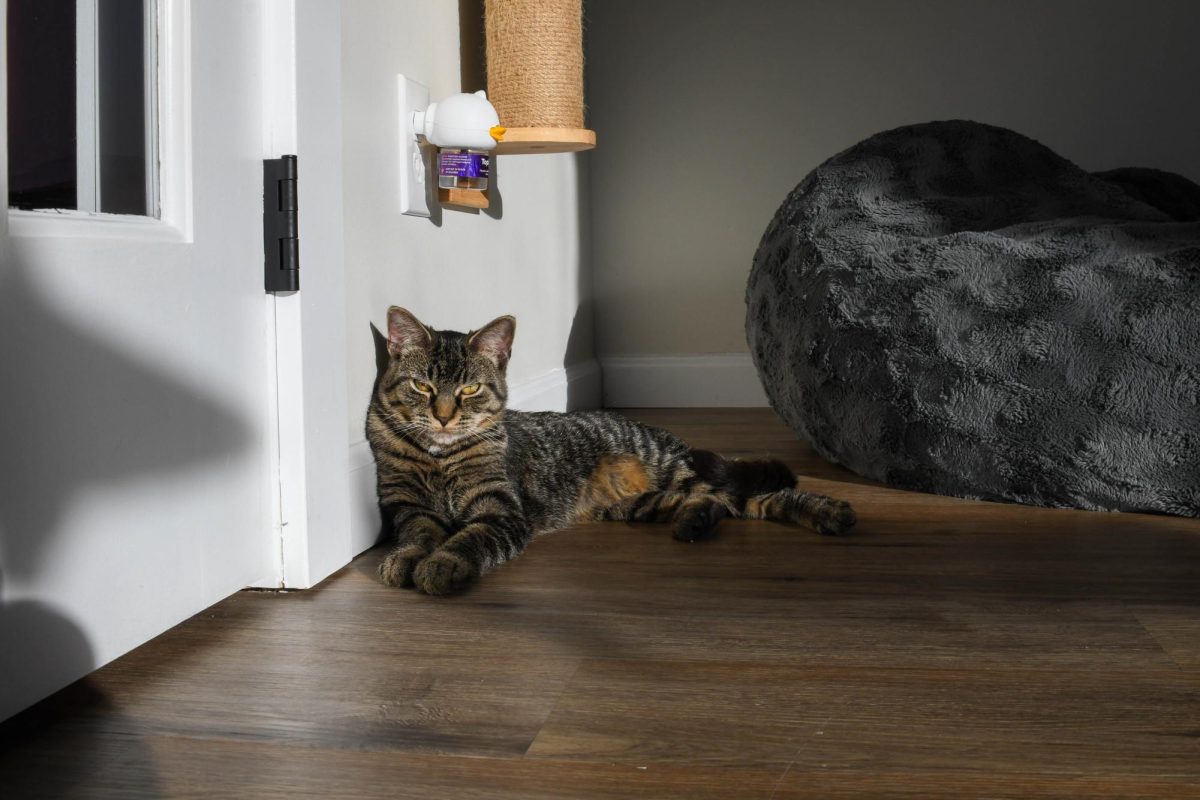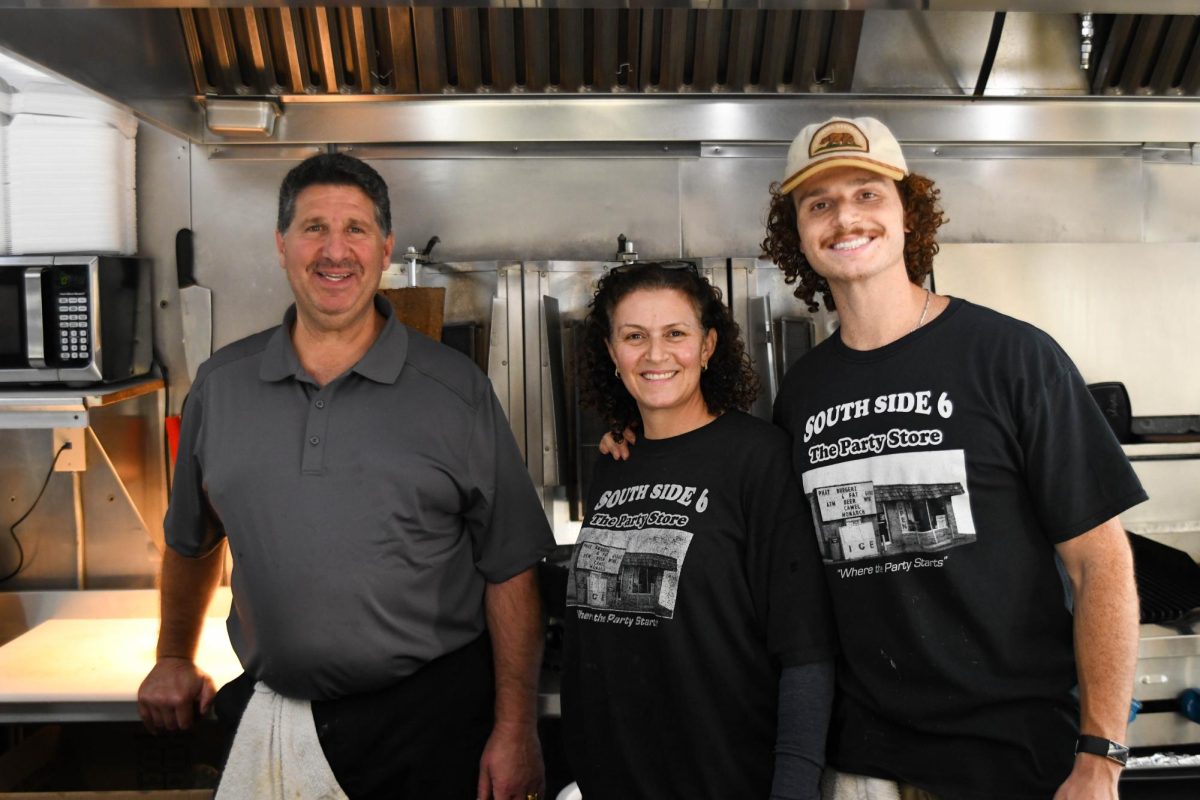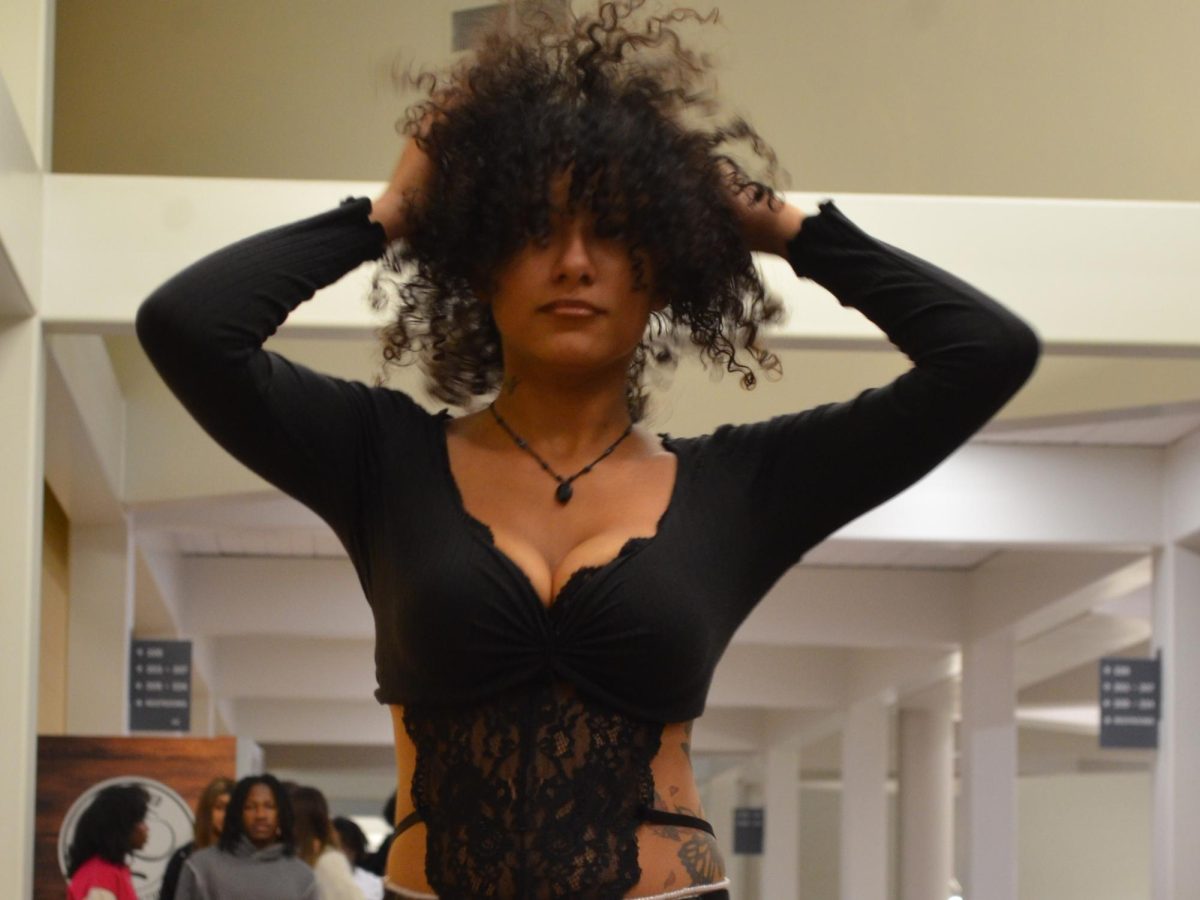Pulling fire alarms; running through hallways at 4:30 a.m.; coming face-to-face with the police. All of these things are just part of a typical college weekend for BG freshman Gary Pack.
Pack said he and his friends get drunk virtually every weekend, Thursday through Sunday, in the residence halls at the University. They get drunk to fit in. They get drunk to party. They get drunk just to get drunk.
But it comes at a price. Within the first six weeks of the semester, Pack had already been caught three times.
“Last time, we got caught drinking at 6:30 in the morning,” he said, laughing. “I guess there was a noise complaint or something.”
During one recent drunken incident, Pack said he pulled a fire alarm that forced an entire residence hall to evacuate in the middle of the night.
But despite the extreme nature of these actions, Pack isn’t alone.
According to the National Institute on Alcohol Abuse and Alcoholism, over 40 percent of college students in the United States participate in “binge drinking,” which is typically defined as consuming five or more drinks.
And in Bowling Green, according to the BGSU Safety and Security Report, there were over 500 arrests for campus liquor law violations and binge drinking in 2005.
This trend has not gone unnoticed by the University.
The most recent and highly publicized strategy in the University’s battle to combat underage drinking is AlcoholEdu, an interactive, online program given to all freshmen, Greeks and athletes that teaches students about the effects of alcohol and alcohol-related choices.
Terry Rentner, the co-coordinator of AlcoholEdu, implemented the program as part of a $300,000 U.S. Department of Education two-year grant that she applied for, and received, in 2005.
The program targets predetermined at-risk student groups in an attempt to lower the number of high-risk drinkers on campus. Taking the course is not required for students but is highly recommended.
And according to statistics from the American College Health Assessment, AlcoholEdu is working. The 2004 assessment found a 13 percent drop in the rate of high-risk drinking since the 1990s, Rentner said.
But not all students say the program is effective.
Freshman Adele Trumpower, 19, said she doubts AlcoholEdu will have any influence on a student’s drinking choices.
“Going through a little course like that will not change people’s minds,” she said. “People are only going to learn the hard way. Once they’ve made the decision [to drink], they won’t change their minds.”
But regardless of the number of students who participated the past two years, Rentner said this year may be the last year for the program. The grant expires after this year, and she is not eligible to apply for another one so soon after winning.
Renter said she hopes the University will continue to fund the $30,000 program even after the grant runs out.
“I would highly recommend that the University support this and make it mandatory every year,” she said.
In addition to AlcoholEdu, BGSU also sponsors other campus programs in an effort to combat underage drinking on campus.
The Wellness Connection, a free service on the north side of campus, hosts several of these programs, including “Stall Talk,” a campus-wide bathroom flyer that discusses alcohol and health safety issues; spring break kits, which include items such as condoms, sunscreen, lip balm and information about alcohol poisoning; and two classes that teach underage offenders about alcohol safety, called Viewpoints and Perspectives.
The effectiveness of these courses is evident, says Hoffman, by the less than five percent of students who re-offend after attending the class.
“They become wiser and smarter on how they handle things,” she said.
The Wellness Connection also sponsors programs that send peer educators to residence halls and high schools to dispel common misconceptions about alcohol.
Particularly, Hoffman said, the programs seek to challenge the popular belief that everyone on campus drinks.
“[Students] assume all students drink,” she said. “And that is just not the case. By breaking the misperceptions, students have the tendency to drink less.”
Trumpower admitted falling into this misperception, and said she thinks 75 percent of students at BGSU drink at least every weekend.
“Everyone’s always out,” she said, laughing. “And everyone talks about drinking. It’s new, it’s exciting, it’s rebellious.”
Hoffman hopes the programs sponsored by the Wellness Connection will debunk some of these myths, but said the effectiveness will depend greatly on each student’s attitude.
“[For] those who are at risk, it may take more messages and policies to the point that they have to be suspended or sit in jail before they realize what’s happening,” she said.
And for those on-campus students who do end up in jail, they must go through the University police department.
Alcohol Control Officer Shellie Mack said she sees the other side of student alcohol decisions – the ones that lead to criminal records.
Mack also explained consequences for underage drinking depend on both the severity of the incident and on officer discretion. Often, she said, students get away with warnings, but in cases of belligerent behavior, offenders are usually taken to jail.
Mack also noted most of the underage drinking on campus occurs Wednesday through Saturday nights and said students don’t take alcohol laws seriously.
“They think they should be able to drink at 18 when they come to college,” she said. “They either drink in the dorms on campus and give us hell, or they drink at off-campus apartments and then come back here and give us hell.”
But she also noted most students are not repeat offenders after being caught by the police. She estimated 10 to 15 percent of students will re-offend.
And Pack is, admittedly, part of that percentage.
Despite already being caught three times, he says he will continue to drink. But the next time, he says, will be different.
“Now I’m going to be smarter about [drinking],” he said, swiveling in a chair at his desk. “There’s a strategy to not getting caught. You know, don’t be loud; go to the right places; and drink liquor instead of beer, so there’s not as much evidence.”
Pack didn’t complete AlcoholEdu, and says he doesn’t really pay attention to the other alcohol awareness programs on campus.
“It’s a personal choice,” he said, referring to alcohol decisions. “The classes will help you if you want it to help you. But I don’t think college students have time for these programs.”







